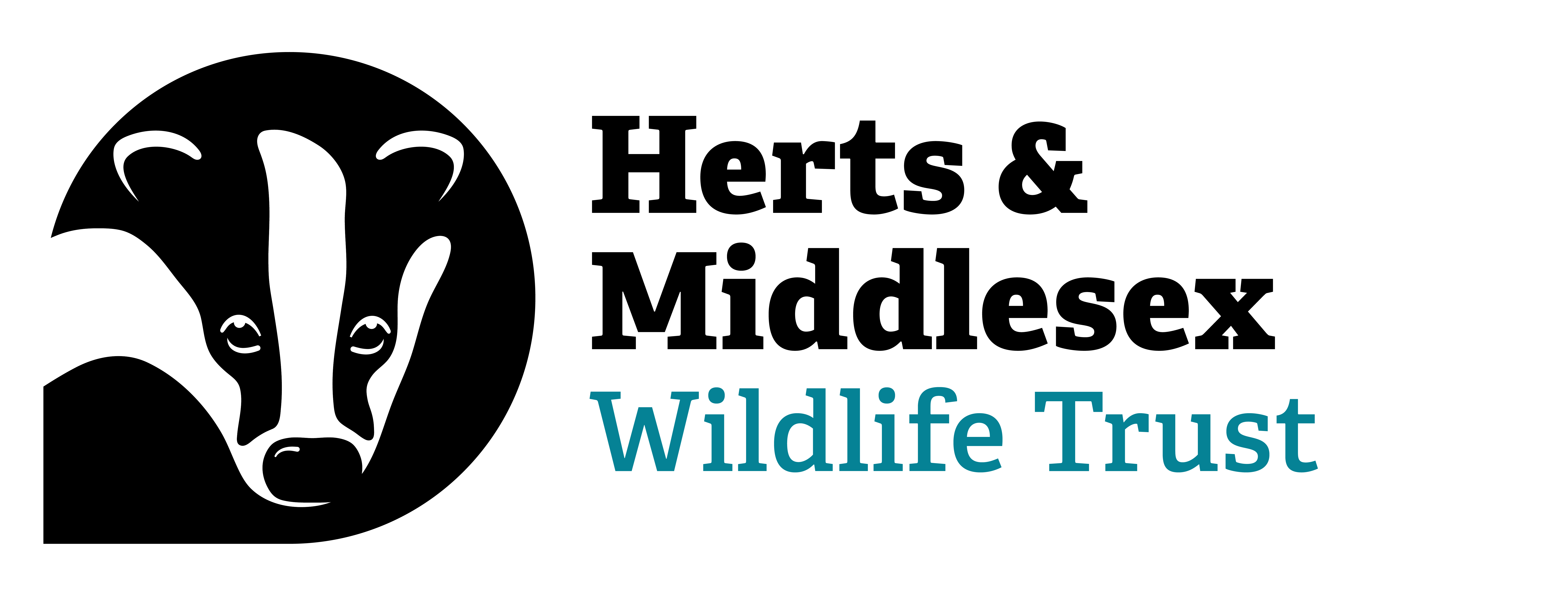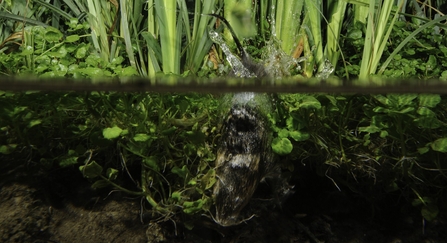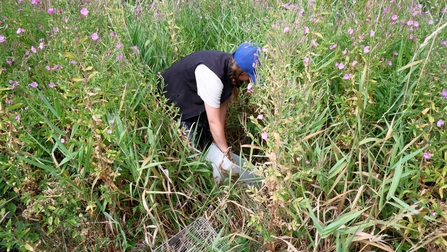One year on from Water Voles being reintroduced to the River Beane at Watton-at-Stone, Herts and Middlesex Wildlife Trust has announced that the endangered mammals are thriving and evidence shows they are spreading south towards Hertford.
The Trust, in collaboration with the Woodhall Estate and with much support from the River Beane Restoration Association (RBRA), reintroduced the nation’s beloved Water Vole to a stretch of the River Beane running through the Woodhall Estate in July last year. This was made possible with funding from the Government's Green Recovery Challenge Fund.
Since the 2022 release of 138 Water Voles, Josh Kalms, the Trust’s lead on Water Vole reintroductions, has headed up a team of Water Vole Surveyor Volunteers, who have been trained to look for field signs of Water Vole occupation, including latrines and feeding sites. A full survey has taken place this summer and the first data collected shows that the Water Voles are thriving and that their range along the River Beane is increasing.


